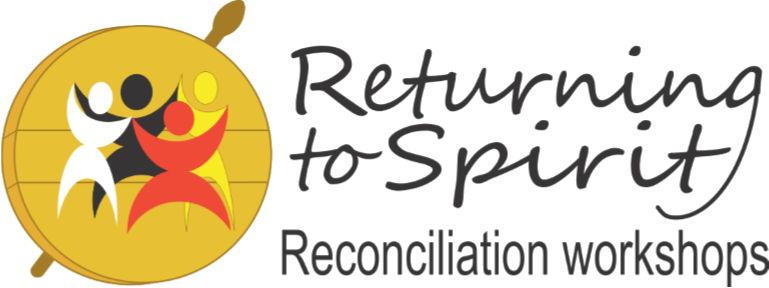National Day for Truth & Reconciliation
Today marks the second National Day for Truth and Reconciliation. The "truth" part we all understand, but the "reconciliation" part is where many of us struggle.
What does it mean? What does it look like? How does it happen? Is it even possible?
When the word "reconciliation" is used, there's no consensus on what the first step should be.
"The justice system needs to change", "CFS needs to be overhauled", "Government needs to give the land back".
There are big systemic changes that many Canadians see as needing to happen immediately in order to even begin the process of reconciliation. But what does that actually look like? Do systems sit down in a boardroom together, sipping coffee, shuffling papers and discussing changes to be made? They don't. And why not? Because systems don't make change, people do. People within those systems must be part of the process and reconciliation begins with each and every person.
"What books should I read?", "What stores should I shop at?", "What resources are useful?".
For so many non-Indigenous Canadians, the concept has become a way of consuming reconciliation. A way of taking in history lessons, movies, Indigenous materials. If this is the key to reconciliation, then why don't these things push us forward in a profound way? They're meaningful, educational, even enlightening but still not transformative on a large scale. Why? Because reconciliation is not to be consumed or viewed as a passive observer. It is not to be a checkbox or an experience of one person alone.
If tomorrow morning, we wake up to the news that all of the systems we've been waiting to change have done exactly that. The land returned, the justice system, educational system, CFS etc all magically transformed. Would that undo all of the harms of the last 150 years? Would all of the hurt and pain disappear into thin air? Would Indigenous and non-Indigenous communities suddenly come together as one, completely reconciled and at peace? As much as we would wish this to be true, we know it wouldn't be the case.
So what does it take? What would actually heal our past & help us move forward?
It takes each and every one of us having the hard conversations. The open, honest, vulnerable conversations with the "other". The acknowledgment of what has happened, what we've held onto, where we've been hurt. Is this harder than reading a book? More difficult than waiting for systemic changes? More challenging than shopping at the right stores or searching online for resources? Of course. Reconciliation work is not easy. It's demanding in so many ways. But the one thing we avoid, the face to face conversations, is exactly what's needed to heal.
So we have a choice. We can wait until all of the systems in Canada change. We can wait for the exact right book to be written and for every one of us to read it. We can wait and wait and wait for all of the things we need in order to see reconciliation happen, or we can create it for ourselves. One person at a time, connecting with each other, seeing each other & healing the hurts that have existed for so long. Our work at RTS is not for those who want to wait and those who intend to suffer in the meantime. It is a space for anyone who is ready to create reconciliation today.
At RTS, Truth and Reconciliation day is everyday and we will continue to do the work to bring communities together in a space of honesty and respect. On this day or any other, if you're ready to be a part of the conversation, we welcome you.

